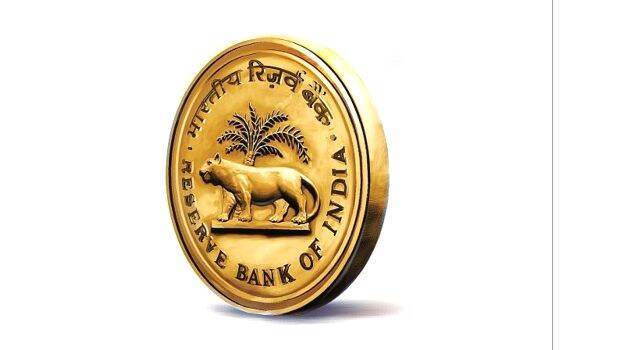

The order issued by the Reserve Bank of India banning banks from charging penalty interest in default of loan repayments will come as a relief to crores of customers. Banks are currently imposing a unilateral decision on this matter. There are many documents to be signed by the customer while taking the loan. Most people sign them without even reading them. As banks have the right to adjust the interest rate, customers have to pay whatever the amount is. Although the ban on penalty interest will be imposed from January 1, existing borrowers will also get this benefit from next June.
As penalty interest is now levied on top of defaulted repayments, the loan liability is increasing. Reserve Bank of India's new requirement is that the banks should inform the customers about the amount of penalty that can be charged in case of default on the loan at the time of taking the loan itself. Each bank can determine the amount of penalty in advance and cannot charge more than that. RBI has also put forward a requirement that any restructuring of loan instalments should be implemented only after informing the customers. As the penalty and interest burden increase with successive instalment defaults, more money may have to be repaid. With the abolition of penal interest, there will be relief in this matter as well. RBI has also issued other good guidelines to help the bank customers. The loan statement should be given to the customers every three months. The statement should contain information such as the amount paid till then, the remaining debt and the remaining instalments. Depending on the customer's financial situation, the customer has the right to reduce the monthly instalments and increase the repayment amount or extend the term. Here also the interest of the clients should be given the main consideration. Rescheduling of loan instalments and change in interest rate shall be effected only after intimation to the account holder. Customers should also be given the right to repay the loan in full at any time on payment of fixed charges.
All banks make huge profits by squeezing borrowers as much as possible. In the first three months of this financial year, all the banks in the country have made a net profit of more than thirty-five thousand crore rupees. Foremost among them is SBI, the largest public sector bank. Banks are increasing profits by increasing service charges of all types and completely withdrawing freebies while reducing staff. Even for depositing money, a charge is being levied. ATMs were installed and customers are kept away from the banks as much as possible. While digital banking has been a boon, new charges have started creeping into this sector as well. All banks are in competition to arrange banking services as a means of increasing revenue. Like in many other places, it is the common people who have to depend on the banks who are in trouble.